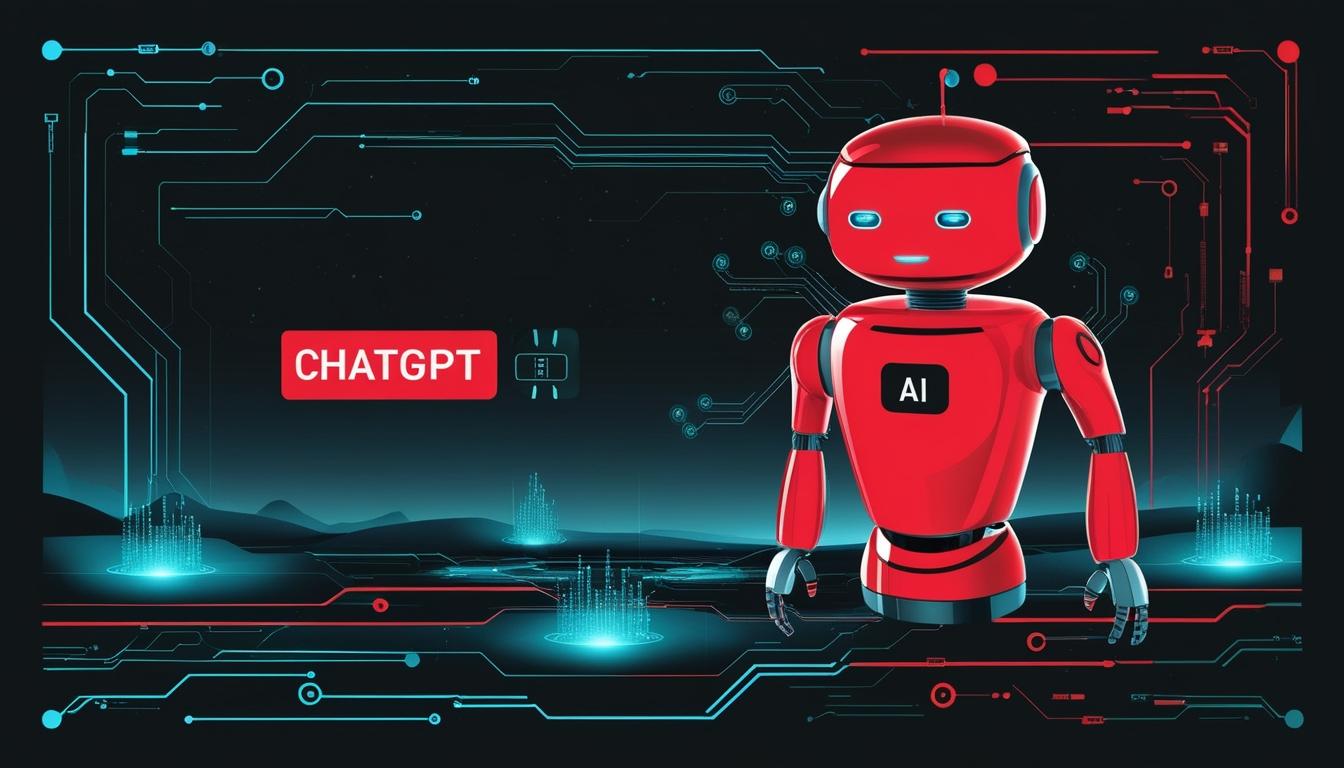In an era marked by rapid advancements in technology, the landscape of business and consumer behaviour is being significantly shaped by the proliferation of artificial intelligence (AI) across various sectors. The technology, which underpins many contemporary startups, is redefining user interactions, streamlining operations, and offering innovative solutions across a range of industries, including finance, education, and gaming.
A recent analysis by PhoneWorld Magazine outlines the emergence of several leading AI platforms, including ChatGPT, Gemini AI, Meta AI, and Galaxy AI, each carving out distinct niches in the rapidly evolving AI ecosystem. These platforms demonstrate unique capabilities aimed at addressing diverse user needs, from enhancing communication to facilitating complex analytical tasks.
ChatGPT, developed by OpenAI, has made substantial strides as a pioneer in conversational AI. Its versatile applications span from casual conversations to automated business functions, including customer service enhancements, educational tutoring, and content creation. The technology processes billions of queries annually, making it a cornerstone in sectors where user engagement and operational efficiency are paramount.
In contrast, Google’s Gemini AI, launched in late 2023, sets itself apart through its multimodal capabilities that allow simultaneous analysis of text and images. This unique feature positions Gemini AI favourably within research-oriented scenarios and enterprise solutions, where the integration of diverse data types can lead to enhanced decision-making and innovative breakthroughs.
Meta AI, which emerged in 2024, focuses on improving digital interactions specifically within the metaverse, facilitating not only social connectivity but also immersive experiences through augmented and virtual reality. This platform targets businesses aiming to maximise engagement and interaction within digital environments. It has quickly risen to prominence, doubling its market share to match that of ChatGPT, highlighting its rapid adoption in the social engagement arena.
Samsung's Galaxy AI, meanwhile, has carved a niche in the Internet of Things (IoT) sector, bringing AI functionalities to smart devices across its ecosystem. This platform provides an intuitive user experience, allowing for seamless control over a range of connected devices. As smart home technology gains traction, Galaxy AI is emerging as a leader in this space, with capabilities that enable users to manage energy consumption efficiently.
The competitive landscape in the AI sector also reflects various industry applications and market dynamics. As reported, ChatGPT maintains a commanding lead in the chatbot market with a 59.4% market share, primarily due to its versatility and widespread incorporation in customer service frameworks. Gemini AI has carved a significant position with 27%, while Meta AI has seen a substantial rise to match ChatGPT’s share.
These advancements are not confined to just conversational tools; they are increasingly revolutionising sectors by enhancing traditional business practices. For instance, developments in robotic process automation, as exemplified by companies like UiPath, are enabling the automation of mundane tasks, freeing employees for more value-driven activities. The demand for such automation solutions is indicative of a broader trend towards efficiency in operational workflows within businesses of all sizes.
As companies pivot towards integrating AI technologies into their operations, startups across the globe are leading the way. Innovations such as Stripe in fintech, Byju’s in edtech, and DoorDash in food delivery illustrate how these enterprises are leveraging technology to offer streamlined and user-friendly services. The pivotal role of AI is further evidenced by the increasing incorporation of machine learning analytics in business strategies, empowering organisations to derive actionable insights from their data.
In conclusion, the current trends in AI automation signal a transformative shift within numerous industries, with startups harnessing the potential of this technology to disrupt traditional business models and enhance user experiences. As AI continues to evolve and permeate everyday life and commerce, its role as a central driver of innovation and efficiency seems assured, setting the stage for an increasingly interconnected future. With these advancements, each platform and startup is contributing to a rapidly shifting landscape where technological agility and user-centric solutions are paramount.
Source: Noah Wire Services
